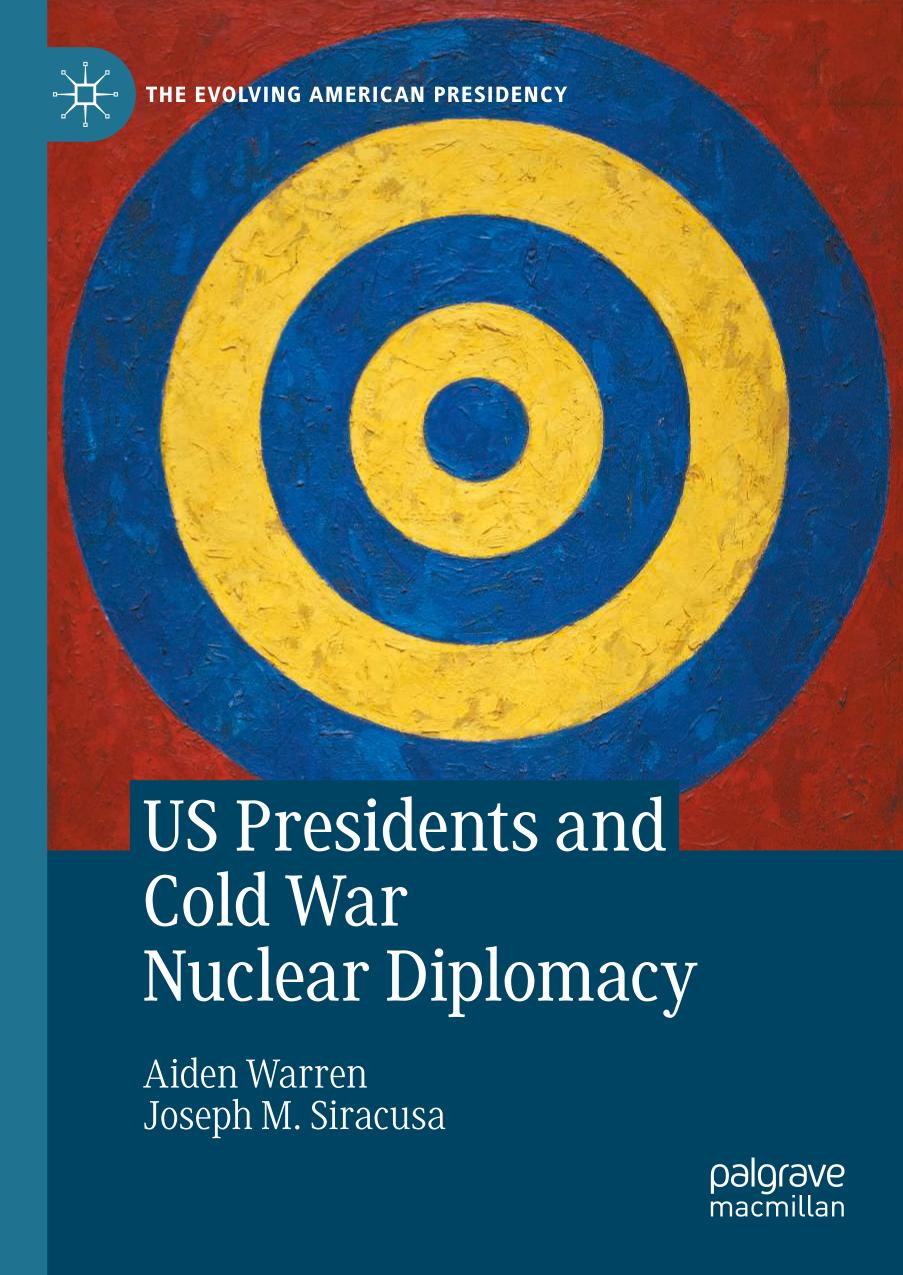

Most ebook files are in PDF format, so you can easily read them using various software such as Foxit Reader or directly on the Google Chrome browser.
Some ebook files are released by publishers in other formats such as .awz, .mobi, .epub, .fb2, etc. You may need to install specific software to read these formats on mobile/PC, such as Calibre.
Please read the tutorial at this link: https://ebookbell.com/faq
We offer FREE conversion to the popular formats you request; however, this may take some time. Therefore, right after payment, please email us, and we will try to provide the service as quickly as possible.
For some exceptional file formats or broken links (if any), please refrain from opening any disputes. Instead, email us first, and we will try to assist within a maximum of 6 hours.
EbookBell Team

4.4
42 reviewsThis book will illustrate that despite the variations of nuclear tensions during the Cold War period―from nuclear inception, to mass proliferation, to arms control treaties and détente, through to an intensification and “reasonable” conclusion (the INF Treaty and START being case points)―the “lessons” over the last decade are quickly being unlearned. Given debates surrounding the emerging “new Cold War,” the deterioration of relations between Russia and the United States, and the concurrent challenges being made by key nuclear states in obfuscating arms control mechanisms, this book attempts to provide a much needed revisit into US presidential foreign policy during the Cold War. Across nine chapters, the monograph traces the United States’ nuclear diplomacy and Presidential strategic thought, transitioning across the early period of Cold War arms racing through to the era’s defining conclusion. It will reveal that notwithstanding the heightened periods when great power conflict seemed imminent, arms control fora and seminal agreements were able to be devised, implemented, and provided a needed base in bringing down the specter of a cataclysmic nuclear war, as well as improving bilateral relations. This volume will be of great interest to scholars and students of American foreign policy, diplomatic history, security studies and international relations.